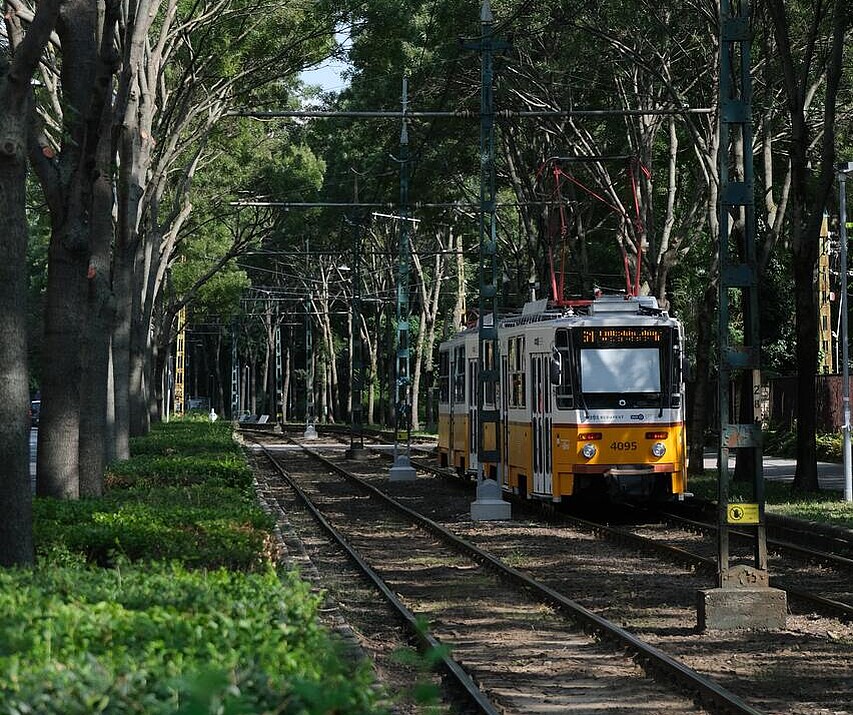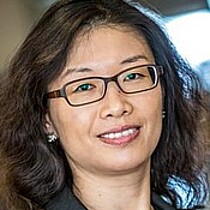

Article: Sunday, 10 March 2013
The introduction of public transport smart cards means it is now possible to forecast how behavioural change stimulators, such as time-variable pricing, will impact passenger activity. This is an invaluable tool for managing revenue in a sustainable way, not just in the public transport sector, but also for every industry constrained by peak-loading capacity.
Public transport, utilities, telecoms and other services that form part of the social infrastructure cannot afford to focus only on profit. Long-term factors such as environmental impact and social perception are also essential considerations if political intervention is to be avoided. Successfully managing all of these sustainably means striking the right balance between profit, people and planet.
Large differences between peak and non-peak activity levels are especially bad for organisations whose infrastructure is based on the maximum load that can be carried at any one time. Whether transporting passengers, power or electronic data, being sufficiently equipped to accommodate high peaks means underused resources during the quiet times, which still continue to incur running costs. The key to optimal efficiency and overall sustainability lies in evening out the load.
The public transport sector provided an ideal case for us to examine whether this could be achieved through encouraging passengers to switch journey times. The plentiful availability of passenger journey data through smart cards made it possible to conduct feasibly realistic simulations of extremely complex situations.

Public transport operators’ (PTOs) obligations to serve communities mean they must provide both sufficient peak capacity and an acceptable service when demand is low. The vehicle space required to satisfy peak capacity is uneconomical to run the rest of the time. But simply switching to smaller vehicles isn’t necessarily a viable option.
Lowering the highest peak demand would mean the maximum vehicle size could be smaller. And that would mean less wastage at other times. This would result in more cost-effective and comfortable public transport that would also attract more customers away from their cars, further reducing CO2 emissions and increasing revenue for PTOs.
We therefore wanted to find out to what degree we could reduce the highest peak demand through stimulating passengers to modify journey times, incentivised by different fares for different time periods. The aim was to spread peak demand over a longer time period and achieve more even use of the system, without losing customers.
To do this, we developed a Decision Support System that enabled us to simulate passenger reaction to fare structure changes. Taking input from smart card data and results of sensitivity analyses to price and journey change, this system uses the advanced scientific technique of agent-based modelling to reveal the journey patterns which emerge when driven by passenger demand under different circumstances.
We ran simulations on four different pricing strategies that raised and lowered prices during different periods throughout the day. Through doing this we were able to gain deep insights into the effects different permutations have on revenue and passenger behaviour.
Time-differentiated pricing structures can effectively stimulate passengers towards desired behaviour and form a basis for sustainable revenue management that satisfies profit, people and planet.
While certain passenger need factors mean it will never be possible to eliminate periods of very high and low demand, the extremities of those demands can at least be manipulated to improve cost-efficiency and reduce environmental impact within socially acceptable boundaries. The additional benefit of a transport system that utilises its resources better is an overall reduction in overcrowding and therefore a more comfortable passenger experience.
We concluded that it is possible to leverage the great wealth of data collected by smart cards for developing policies that lead to increased revenue, better financial and environmental efficiency and higher customer satisfaction. However, not all three can be maximised at the same time. As one of these key performance indicators improves, others will worsen. This trade-off means policy makers need to determine where their own balance lies.
Any studies that have the potential to affect societies need to consider the extreme complexities within them, including networks, emergent behaviour, and macro-level and micro-level behaviour. Because our studies set out to break new ground in examining these complexities, the Dutch National Science Foundation (NWO) funded them. This is indicative of the importance of complexity research to the future of societies.
The Decision Support System we developed for our studies can be adopted by other public transport operators to explore the impact of various pricing permutations on their own customers. This can provide relevant information for strategic discussions between public transport operators and their governments.


This article is based on the paper Sustainable revenue management: a smart card enabled agent-based mod-elling approach, written by Ting Li, Peter Vervest and Milan Lovric’. The paper is to be published in Decision Support Systems and is available online at: dx.doi.org/10.1016/j.dss.2012.05.061


Science Communication and Media Officer
Rotterdam School of Management, Erasmus University (RSM) is one of Europe’s top-ranked business schools. RSM provides ground-breaking research and education furthering excellence in all aspects of management and is based in the international port city of Rotterdam – a vital nexus of business, logistics and trade. RSM’s primary focus is on developing business leaders with international careers who can become a force for positive change by carrying their innovative mindset into a sustainable future. Our first-class range of bachelor, master, MBA, PhD and executive programmes encourage them to become to become critical, creative, caring and collaborative thinkers and doers.
